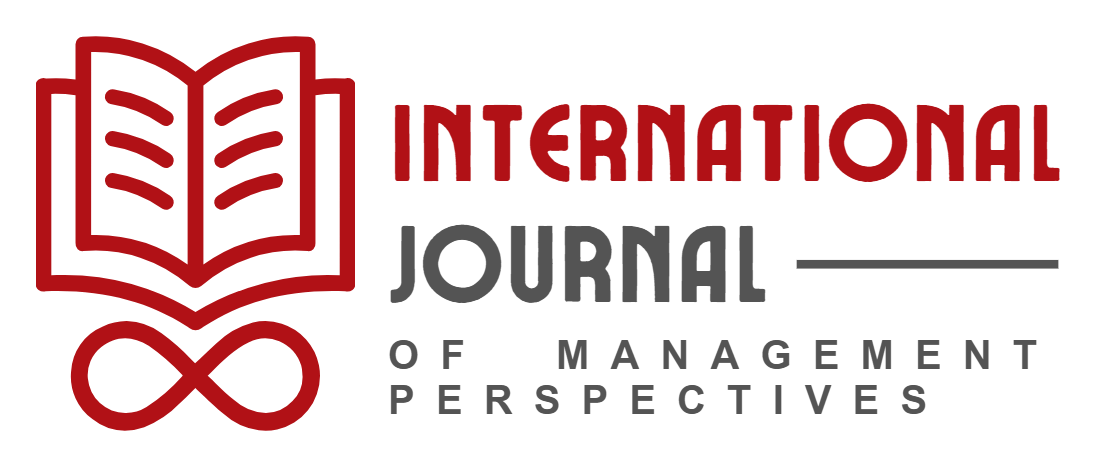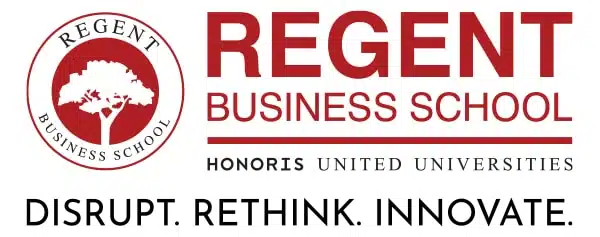 Few learning models focus on the learner quite like distance learning. For parents helping their children on the path towards adulthood, the challenges of further education can be stressful on many levels. While traditional campuses provide educational opportunities in a more conventional, educator-led model, distance universities use a system that encourages learner-based learning. Learning is achieved through a variety of mediums – online classrooms, email assignments, self-study, peer study groups and interactive tools.
Few learning models focus on the learner quite like distance learning. For parents helping their children on the path towards adulthood, the challenges of further education can be stressful on many levels. While traditional campuses provide educational opportunities in a more conventional, educator-led model, distance universities use a system that encourages learner-based learning. Learning is achieved through a variety of mediums – online classrooms, email assignments, self-study, peer study groups and interactive tools.
What this means for young adults is a chance to foster a greater sense of responsibility, for studies, growth and success. As parents, what role does distance education play in the development of responsible adults?
How Distance Learning Helps to Nurture Responsibility
Unlike conventional campuses that require learners to be in physical, on-campus classrooms, distance learning facilities put the focus on the learner. Students are responsible for setting (and achieving) their own goals, completing assignments on time, managing their time effectively and seeking support when needed. Some of the ways that a learner-focused model helps to promote a greater sense of responsibility include the following:
- Students are required to be fully engaged in the learning process.
While a set curriculum is followed in both on-campus and remote learning universities, students at the latter are required to set their own pace for learning. This includes planning study times, preparing for exams, completing assignments and balancing studies with any other obligations in place, whether that is a part-time job or assisting with family tasks. On-campus students are often led by educators, who ask questions, offer examples, organise lesson content, review students and set a predefined learning pace.
- Students benefit from improved skill instruction.
All too often, conventional learning models focus on helping students, while overlooking the value provided by empowering students to help themselves. In a learner-centred environment, students need to learn how to think, evaluate evidence, solve various problems, analyse arguments, work out hypotheses and follow instructions. These skills all greatly contribute towards the mastering of discipline, which is an important skill that will assist not only with studies but also in the student’s chosen career path.
- Students learn to reflect on what they are learning and how they are learning it.
Very often, it is not only what is being learned when studying further, but also how learning is achieved. Developing an interest in and a passion for learning is a life skill that will last well after the final exam. Adults who embrace learning typically make better informed decisions, while taking responsibility for any challenges faced during the learning process. Learning how to study alone for exams, learning how to study remotely (in a group or alone) and learning how to assess and evaluate their own work will all help to teach students that learning is a life-long pursuit.
- Students learn to take control over learning processes.
On a similar note, students at remote learning schools are far better equipped to take control over their own learning than those in educator-led environments. Many schools rely on outdated models that result in educators deciding what students should learn, what pace they should follow, how information should be learned and what conditions they learn under, after which exams are planned according to what educators determine their students to have learned. Students have no control over the learning process, which increases frustration and creates barriers to learning. In a more flexible remote learning environment, students can follow curriculum and coursework at their own pace, with far greater control over how, where and when they learn.
- Students improve time management skills.
Last, but not least, students learn to manage their time effectively in learner-focused models such as distance campuses. Students need to create their own calendars, follow assignment deadlines, allocate time to study, time to complete assignments, time to prepare for exams and time to fit in any responsibilities. They are required to learn how to manage deadlines – often multiple projects at the same time – while taking responsibility for their own time. This skill is one that will help develop punctual, considerate adults who are able to manage time and commitments more effectively.

The skills that students learn over the course of completing a distance learning qualification are numerous. But, when it comes to nurturing responsible, considerate and successful adults, there is no doubt that this model gives peace of mind to parents as well as students.

